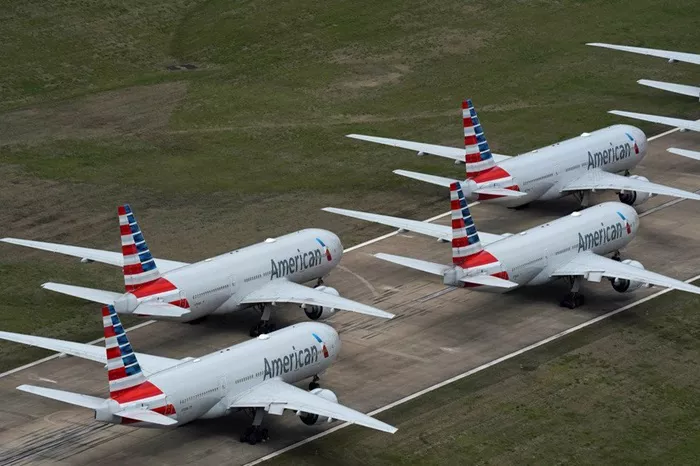As President Trump’s trade war continues to cast a shadow over global commerce, U.S. airlines are grappling with falling travel demand — but low-cost carriers like Southwest, Frontier, and JetBlue are bearing the brunt of the downturn.
In early 2025, these budget airlines reported sharp declines in profits, a stark contrast to previous economic slowdowns where low-cost models often proved more resilient. Meanwhile, full-service carriers such as Delta and United have managed to stabilize operations despite lower overall passenger volumes.
Industry analysts point to a few key reasons behind the shifting dynamics. For one, there’s been a notable uptick in demand for premium travel options, such as business and first-class seating, as well as greater engagement in loyalty programs — areas where full-service airlines hold a distinct advantage. These trends are buffering the larger carriers from the worst effects of waning demand.
Experts suggest that the gap between low-cost and legacy carriers will likely widen in the near term, as travelers increasingly seek comfort, flexibility, and rewards — benefits that budget airlines are less equipped to offer. This evolving landscape marks a significant departure from past downturns, when airfare affordability alone was often enough to drive consumer choice.
In the current climate, value is being redefined, and full-service airlines appear better positioned to meet the shifting expectations of today’s air travelers.

